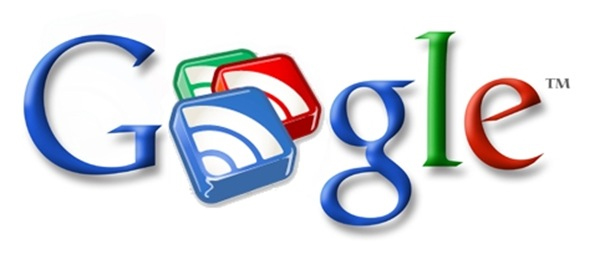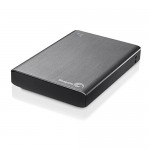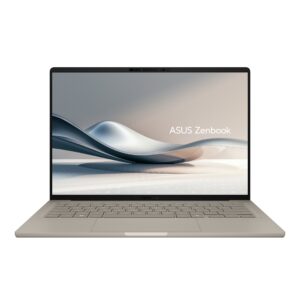I consider myself a pretty heavy user of Google Reader, and wake up every day to hundreds of unread items. In addition to the freshly pressed articles, there are older unread stories piled up over the years.
Yet, I can’t remember the last time I actually logged into the Google Reader website. Its interface seems like a relic of the past, and its features have remained stagnant for some time now. Google last gave the portal a proper update way back in October 2011, and added only the ability to +1 articles in Reader.
Instead, I rely on the countless third-party apps out there taking advantage of Google Reader’s API to present my feeds and stories in far more pleasing ways.
But that’s still not perfect. Does manually subscribing to individual feeds not seem archaic in today’s buzzword-filled Web landscape? Thus it is no surprise really, despite the howls of protest, that Google is ending the Reader service come July.
News readers such as Flipboard, Pulse, and Zite are leaping ahead with more user-friendly and personalised experiences. There’s no messing around with importing feeds or managing categories. The apps do it all for you, and offer great discovery features as well.
On the social front, Facebook, Twitter and related services are driving massive amounts of traffic to other websites. All the stories shared by my friends and the pages I’ve liked are more than sufficient to keep me up to date with the latest goings-on in the world.
Google Reader hasn’t quite kept up with these developments. The fact that it looks like my Gmail inbox should be a major point against it. I already have to comb through dozens of e-mail messages every day, why would I want to do it again for my daily fix of stories?
Sure, with Reader you can subscribe to exactly the sites you want, and organise it precisely the way you desire. But how many average iPad users will want to spend the time to do that when they can fire up Flipboard, log in to Facebook and Twitter, and immediately set up a news feed tailored according to their tastes and social circles?
Thus it’s not surprising that the usage of Google Reader has declined. In a blog post, the company revealed that it will focus its energy on other products instead of trying to modernise Google Reader.
Indeed, this could be the perfect opportunity for Google to build a killer news reader.
If you think about it, Google already possesses the necessary ingredients. It has its own fledging social network, possibly the world’s largest news aggregator, and of course, a powerful search engine.
Topping it all off is the Play store, a perfect channel for integrating newspaper and magazine subscriptions.
Will we see a new offering from Google in the near future that bundles everything the good ol’ reader has to offer, and more? Its loyal users will certainly hope so.








You were late to the party Raymond. Social media gave everyone a soapbox and the rise of commercial blogs inflated the number of daily articles. So you assume that apps like Flipboard is the best way to sample the daily “noise”.
Google Reader started at a time when RSS was the best way to follow multiple blogs, and you wanted to read every article posted periodically. There are websites that post just one article a day, and article quantity does not equate to quality.
The folks that “subscribe to exactly the sites they want and organise it the way they desire” are the ones that curate content for the “average” Flipboard, Zite and social media users.
Being archaic and antisocial doesn’t mean nobody uses it.
I’ve used Google Reader for years, and I don’t subscribe to any blogs. All my subscriptions are professional content websites, and I don’t assume anything. I also didn’t say nobody used Google Reader, just that Google itself commented that its user base has declined.
I’m commenting on the trend. Flipboard et al add feeds from specific popular sites to their spread, I don’t think they care who curates what on Google Reader. I add a “technology” section and popular content from a number of reputable sites such as The Verge and CNET gets pulled in. This ease-of-use is winning users over.
“News readers such as Flipboard, Pulse, and Zite are leaping ahead with more user-friendly and personalised experiences.” So will we see Techgoondu on Flipboard?
I think there are very different ways how people use Google Reader. Those who use it as a stream of information in which they immerse themselves when they have time, have no issues moving to G+ or twitter or FB.
But those who are complaining the most are those who use Reader to follow a list of sites which they want to read through more or less completely. Social networks don’t lend to such a use case. One is not able to see if they missed a story which was posted earlier this morning etc. The “catcher” aspect of Reader is what many will miss.
Also, mobile vs desktop consumption of feeds is another difference. I for one never consume my feeds on a mobile device.
And for the likes of Feedly, and other 3rd party apps which work off Readers API, good luck scaling to Readers size. I forsee outages soon.